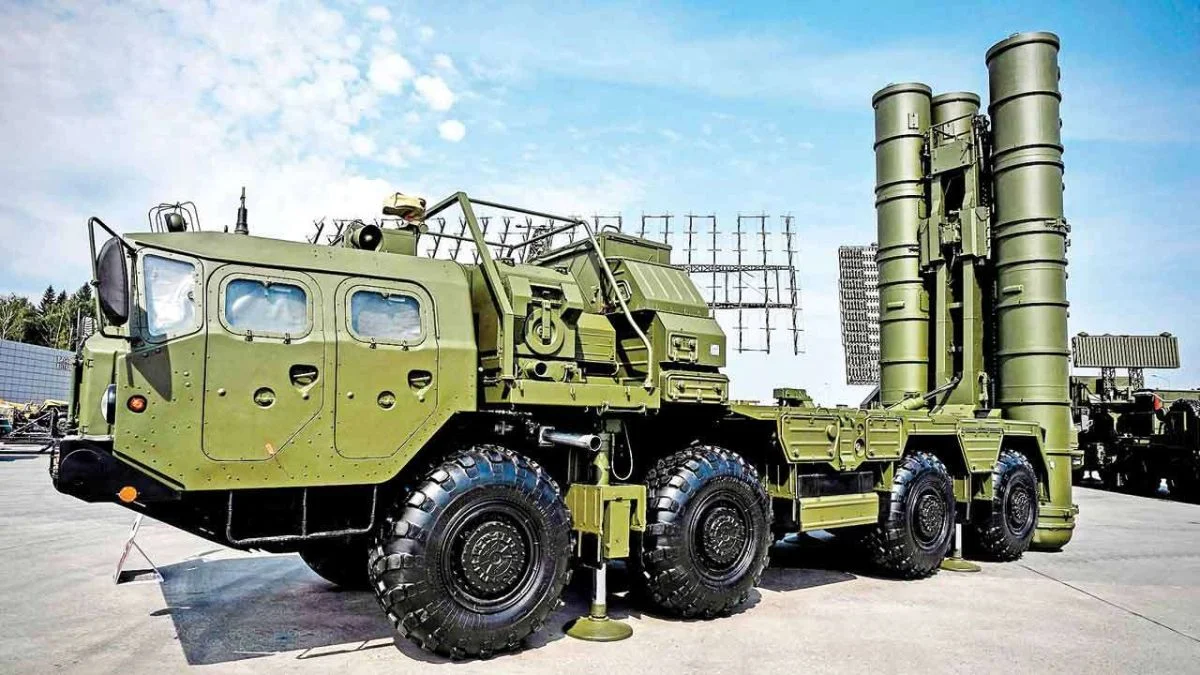A deep dive into the nuances of writing defence tenders, with examples of common pitfalls and how to avoid them.
Navigating the world of defence tenders is a challenging journey, demanding a precise understanding of complex requirements and rigorous standards. The stakes are high, and the competition is fierce. Yet, with the right strategies, it is possible to create proposals that stand out and win contracts. This article examines the nuances of writing defence tenders, highlighting common pitfalls and providing practical advice on how to avoid them.
Tim Entwisle is a seasoned communications consultant with extensive experience across government, not-for-profit, and private sectors. His senior management, project management, and technical background equips him with exceptional business communication skills, particularly in tender and proposal writing. He formed Madrigal Communications in 2007 one of Australia’s leading tender agencies.
Understanding the requirements
Defence tenders come with a unique set of requirements that differ significantly from other types of procurement. These tenders often involve highly technical specifications, stringent compliance standards, and a thorough evaluation process. It is crucial to meticulously review all tender documents to ensure a comprehensive understanding of the requirements.
Technical specifications
Defence contracts are typically centred around highly specialized products and services. These can range from advanced weaponry systems to sophisticated communication equipment. Each tender will outline specific technical requirements that must be met. It is essential to clearly demonstrate your ability to meet these specifications, backed by detailed technical documentation and evidence of past performance.
Compliance standards
Compliance is a critical component of defence tenders. Governments and defence agencies have strict regulations and standards that must be adhered to. These can include security clearances, quality certifications, and adherence to specific procurement laws. Ensuring full compliance with these standards is non-negotiable. Highlight your certifications, past compliance records, and any additional measures taken to adhere to these stringent requirements.
Evaluation criteria
Understanding how your proposal will be evaluated is vital. Defence tenders often use a weighted scoring system, assessing factors such as technical capability, cost, risk management, and past performance. Tailor your proposal to address each evaluation criterion explicitly, providing clear and concise information that demonstrates your strengths in each area.
Common pitfalls and how to avoid them
Inadequate research
One of the most common pitfalls in defence tender writing is failing to conduct adequate research. This includes understanding the specific needs and priorities of the defence agency, as well as the broader geopolitical and security context. Invest time in researching the agency’s strategic objectives, recent acquisitions, and any relevant policy documents. This knowledge will enable you to align your proposal with the agency’s goals and priorities.
Lack of clarity
Defence tenders require clear and precise communication. Avoid jargon and overly technical language that might obscure your message. Use straightforward language and provide clear explanations for any technical terms used. Ensure that your proposal is well-organized, with a logical flow that guides the evaluator through your response.
Ignoring feedback
Feedback from previous tenders can be invaluable in refining your approach. If you have participated in defence tenders before, take the time to review any feedback received. Identify areas for improvement and adjust your proposal strategy accordingly. Demonstrating a willingness to learn and adapt can significantly enhance your chances of success.
Overlooking risk management
Defence agencies are highly risk-averse and place significant emphasis on risk management. Clearly outline your approach to identifying, assessing, and mitigating risks associated with the project. Provide evidence of robust risk management processes and past experience in managing similar risks successfully.
Thorough understanding will win you more contracts
Writing defence tenders is a complex and demanding task, but with a thorough understanding of the requirements and a strategic approach, it is possible to win more proposals. By conducting comprehensive research, ensuring clarity, leveraging feedback, and robustly managing risks, you can position your organisation as a credible and reliable partner for defence contracts.
